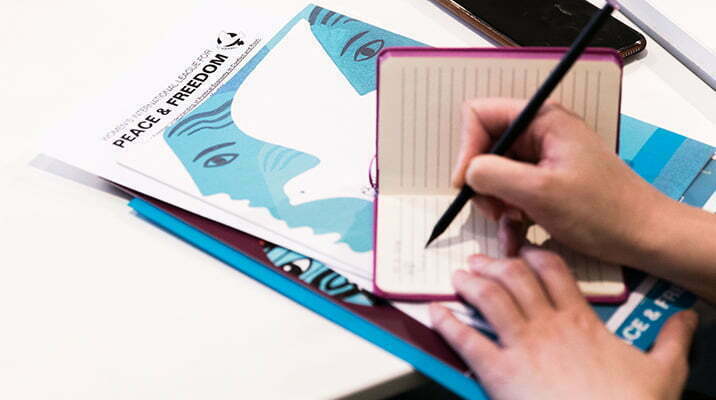Malala Yousafzai has become a symbol for women’s human rights in Pakistan. Shot in the head and neck by the Taliban whilst on her way to school, her story has touched and revolted Pakistani society. But why was she targeted?
Malala initially received public attention at the age of 11 for exerting her right to freedom of speech. The diary she wrote, under the pen name Gul Makai, laid bare the suffering of those living under Taliban rule and resonated throughout Pakistan,
Importantly, however, the recent shocking attack on the 14-year-old is as much an attack on women as it is on Pakistani freedom of expression. Indeed, the Taliban has become notorious for its oppressive attitude towards women and its enforcement of what has often been described as gender apartheid.
Malala was prompted to start her diary after the Taliban ordered the closure of all girls’ schools in the Swat Valley, where she was living. The young girl used her writing to champion the rights of women to education, and highlight on a wider scale the brutality of the Taliban towards women.

In areas under Taliban control, women are not allowed to be educated past the age of eight. They are forbidden from leaving the house without a male member of the family. In Afghanistan, the Taliban have decreed that women must not speak loudly in public to prevent strangers from hearing a woman’s voice. These are just a few of the Taliban’s policies against women that strip them of any sense of personal freedom or autonomy.
The shooting of Malala has united Pakistanis not only in a common disgust at the Taliban’s actions but also in a tacit acknowledgement that the unequal conditions of women living there must be addressed. Her attack has given great strength to women throughout Pakistan and has prompted them to engage in rallies and marches – some of which our own WILPF Pakistan members have taken part – to fight against the oppression that women have endured for too long
Next week the Human Rights Council of the United Nations will review the compliance of Pakistan with human rights, in its Universal Periodic Review. It is crucial that the UN consider the basic rights of women who are violated on a daily basis.
Want to get more involved?
WILPF International will hold a side event entitled, ‘Women’s Rights in Pakistan: Status, Challenges and Possible Solutions’. We are happy to include on our panel Fauzia Viqar from Shirkat Gah, and Taslim Akhtar from WILPF Pakistan. The public event will be held at the UN Palais in room XXII on 31 October from 13:00 to 15:00, with refreshments being served beforehand.
You can find WILPF’s recommendations for the UPR Pakistan here .
If you are in Geneva and are interested in coming to the event please contact us at rights (a) wilpf.ch





